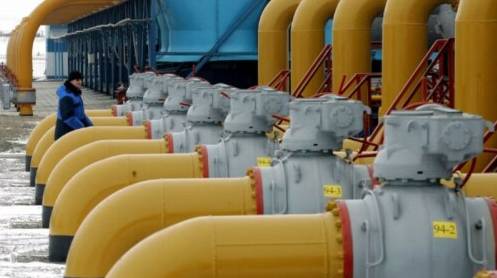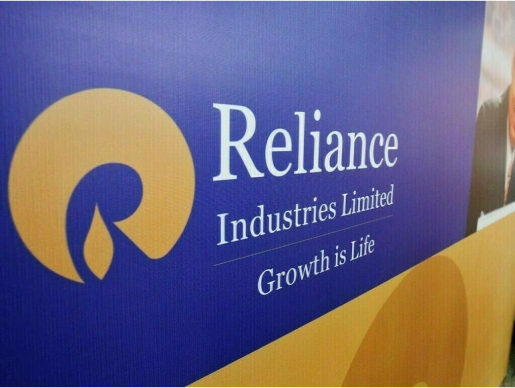ISLAMABAD: Protesting over the inordinate delay in price notification of liquefied natural gas (LNG), Pakistan State Oil (PSO) has warned the government of disruption in the gas supply chain in coming winters.
The “situation is seriously affecting the LNG supply chain in the country as PSO and other stakeholders in the LNG supply chain will not be able to claim their receivables in the absence of determination of prices by Ogra,” PSO wrote to the regulator and the federal government.
It said the country’s largest fuel supplier had been highlighting that provisional LNG and regasfied liquefied natural gas (RLNG) prices for August to October have still not been issued by the Oil and Gas Regulatory Authority (Ogra) in spite of submission of all requisite data by PSO. “Moreover, the actual LNG prices are already not being determined by Ogra since July 2017,” it added.
PSO’s total receivables had already gone past Rs317 billion by end-October, including about Rs80bn on account of LNG. It said PSO had about Rs4bn worth of receivables from Sui Northern Gas Company Limited (SNGPL) from July 2017 mainly because of exchange rate loss which the PSO was unable to recover due to non-determination of provisional and actual prices.
The regulator has not notified the RLNG prices after July owing to disagreement between its two technical departments — Finance and Gas — over the quantum of RLNG losses to be charged by gas companies to consumers. The controversy emerged a few days before the retirement of former Ogra chairperson Uzma Adil in July when Member Gas Mohammad Arif pointed out a discrepancy in the RLNG tariff.
With the completion of quorum in the last week of September, the regulator was expected to settle on priority and with majority vote the dispute over system losses and causing delay in RLNG price notification but the matter remains unsettled.
At the heart of the problem is an anomaly in the LNG pricing mechanism — which a group of Ogra officials advocate for — allowing the cost benefit of about 11 per cent RLNG losses to Sui Northern Gas Pipelines Limited (SNGPL) and 8.73pc to Sui Southern Gas Company Limited (SSGCL).
Another group with the Ogra questions this methodology on the grounds that RLNG supplies are primarily on main lines where actual losses are negligible. The group notes that these proposed losses for RLNG are way higher than local gas losses allowed in gas tariff even on distribution lines (where actual losses are significantly higher than transmission or main lines). Therefore, their argument is that SNGPL and SSGCL do not deserve more than 3pc and 8.85pc, respectively, unaccounted for gas (UFG) allowance even on provisional basis.
The matter came to a naught a few days ago when Member Finance and Acting Chairman Ogra Noorul Haque concluded that since the members and officials of Gas and Finance departments have not reached consensus, the matter could only be decided “when the quorum completes”. He directed the Gas Department to prepare a comprehensive working paper in this regard.
The Member Gas, however, asked the Member Finance to also give detailed reasons for the disagreement which could be made part of the working paper. He recalled that it was earlier held by the majority vote of the Ogra that the issue was of technical nature and was to be decided and approved by the Member Gas which had been done with detailed reasoning.
Therefore, the delay in issuing RLNG price notification was causing pricing disparity for the consumers and hence provisional price notification should be issued without any delay, the Member Gas observed and recommended that UFG loss for fiscal year 2020-21 for SSGCL should be taken as 6.42pc (including 0.12pc of transmission loss). Likewise, UFG for SNGPL should be taken at 6.68pc (including 0.38pc transmission loss) on provisional basis.
Interestingly, both RLNG and local gas are supplied mostly through the same network and metered through the same system but local gas is charged with lower UFG than RLNG despite the fact the RLNG is generally expensive and has lower actual loss being supplied mostly through mainlines.
A petroleum ministry official said the SNGPL had already suffered over Rs7bn due to delay in price notifications in March, August and November of 2015 which could not be recovered in five years because stay orders were secured by some consumer groups on grounds that retrospective price increases could not take place. “The same is going to happen again this year,” he said, adding: “The cost differential amounted to more than a dollar per unit.”
“These charges will skyrocket in November because incoming cargoes have exceeded 14pc of Brent while SNGPL’s overdue payable to PSO have touched Rs48bn and piling up fast and delayed notification charges would never be recovered,” the official said.
Sources said another reason behind the delay was being done for a shipper and a terminal operator so that its supply could be assured to certain set of consumers. These sources said the efforts were on to reduce the RLNG price through introduction of UFG benchmark on RLNG supply instead of directions of the cabinet to build actual UFG loss in RLNG consumer price.





